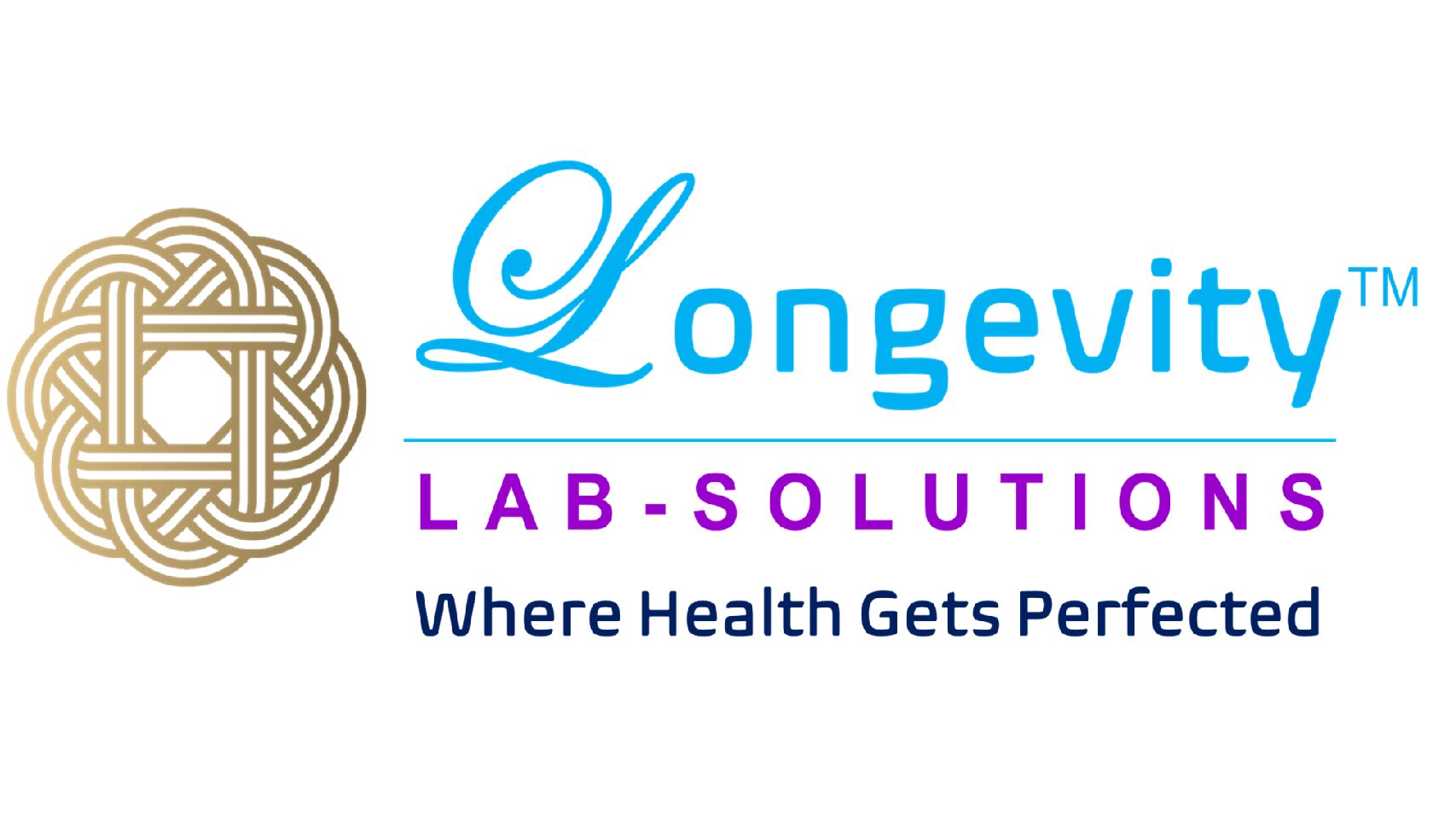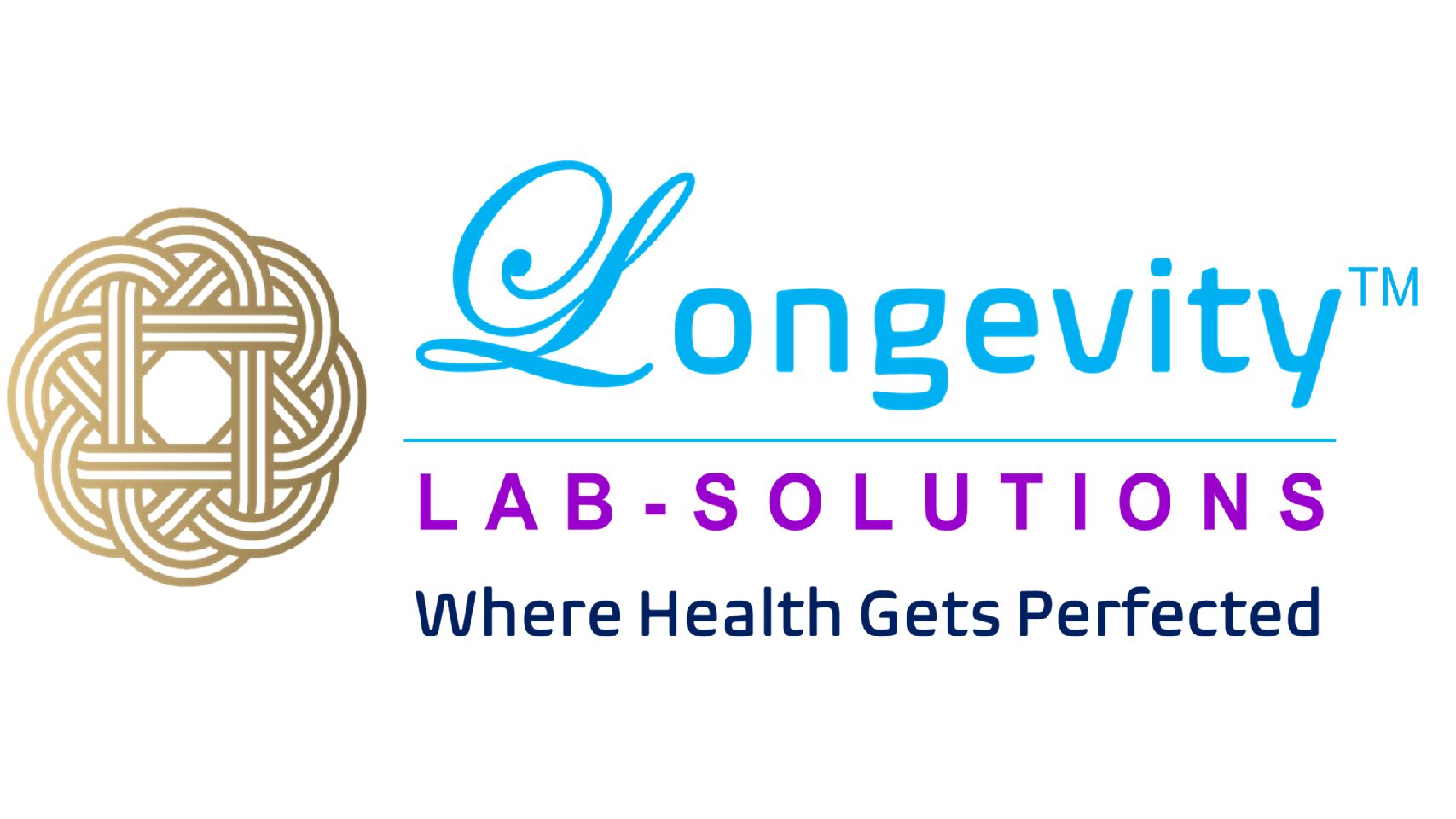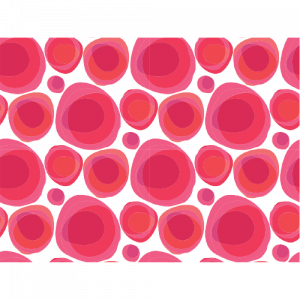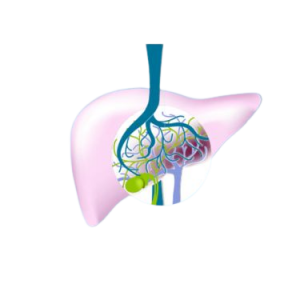Vitamin Deficiency Blood Test
$99.00
Vitamin deficiency refers to a condition where the body does not have enough of a specific vitamin to support its normal functions. Vitamins are essential nutrients that the body needs in small amounts for various processes, such as growth, metabolism, immune function, and overall health.
Vitamin D deficiency: Can lead to weakened bones, increased risk of fractures, and impaired immune function.
Vitamin B12 deficiency: Can cause fatigue, weakness, neurological symptoms, and anemia.
Folate or Vitamin 9 deficiency: can lead to anemia, birth defects, and other health problems.
Analytes in this test: 4 Analytes Tested: Folate or Vitamin B9, Active Vitamin B12, Vitamin D (25-OH), Magnesium
Description
Vitamin deficiency refers to a condition where the body does not have enough of a specific vitamin to support its normal functions. Vitamins are essential nutrients that the body needs in small amounts for various processes, such as growth, metabolism, immune function, and overall health. Here are some key points about vitamin deficiencies:
- Causes: Vitamin deficiencies can result from various factors, including inadequate dietary intake, poor absorption, increased nutrient needs, certain medical conditions, medications, or lifestyle choices (e.g., restrictive diets). Insufficient exposure to sunlight can also lead to vitamin D deficiency.
- Types of Vitamin Deficiencies: There are multiple vitamins, each with its specific functions and deficiency symptoms. Some common vitamin deficiencies include:
- Vitamin D deficiency: Can lead to weakened bones, increased risk of fractures, and impaired immune function.
- Vitamin B12 deficiency: Can cause fatigue, weakness, neurological symptoms, and anemia.
- Symptoms: The symptoms of vitamin deficiencies can vary depending on the specific nutrient involved. Common signs may include fatigue, weakness, pale skin, poor immune function, cognitive difficulties, mood changes, hair loss, skin problems, and impaired wound healing.
- Treatment: Treatment for vitamin deficiencies typically involves addressing the underlying cause and providing appropriate supplementation or dietary changes. In some cases, intravenous administration of vitamins may be necessary if absorption issues are present.
- Prevention: Eating a well-balanced diet that includes a variety of nutrient-rich foods is the best way to prevent vitamin deficiencies. In certain cases, dietary supplements may be recommended, especially for individuals with specific needs or restrictions.
Analytes Tested
4 Analytes Tested
- Folate or Vitamin B9
- Active Vitamin B12
- Vitamin D (25-OH),
- Magnesium
Folate Deficiency
Folate deficiency, also known as vitamin B9 deficiency, occurs when there is an insufficient amount of folate in the body. Folate is crucial for DNA synthesis, cell division, and proper fetal development during pregnancy. A deficiency in folate can lead to several health problems.
Symptoms of Folate Deficiency
- Anemia: Folate deficiency can cause megaloblastic anemia, characterized by the production of abnormally large and immature red blood cells, leading to symptoms like fatigue, weakness, and pale skin.
- Digestive Issues: Diarrhea, loss of appetite, and weight loss can occur.
- Mouth Sores: Ulcers or sores in the mouth and a swollen tongue can be signs of folate deficiency.
- Neurological Symptoms: Memory problems, irritability, and behavioral changes may develop.
- Complications in Pregnancy: Folate deficiency in pregnant women increases the risk of neural tube defects (such as spina bifida) in the developing fetus.
Causes of Folate Deficiency
- Poor Diet: Inadequate intake of folate-rich foods such as leafy greens, legumes, and fortified grains.
- Malabsorption Disorders: Conditions like celiac disease, Crohn’s disease, and certain genetic disorders can impair the absorption of folate.
- Alcoholism: Excessive alcohol consumption can interfere with folate absorption and metabolism.
- Medications: Some medications, such as anticonvulsants and methotrexate, can interfere with folate metabolism.
Sources of Folate
- Dietary Sources: Leafy green vegetables (spinach, kale), legumes (beans, lentils), fruits (oranges, bananas), nuts, and fortified grains and cereals.
- Supplements: Folate supplements or folic acid (synthetic form) are often recommended, especially for pregnant women or those planning to become pregnant.
Prevention and Treatment
- Balanced Diet: Consuming a diet rich in natural folate sources.
Supplementation: Folate or folic acid supplements as recommended by healthcare providers, particularly for individuals at risk of deficiency. - Medical Management: Addressing underlying conditions that may contribute to malabsorption and working with healthcare providers to manage medications that affect folate levels. Consulting a healthcare provider for proper diagnosis and treatment is essential if folate deficiency is suspected, especially for pregnant women to ensure adequate fetal development.
Active Vitamin B12
Vitamin D
Magnesium
Magnesium is an essential mineral involved in numerous biochemical processes in the body. It plays a critical role in muscle and nerve function, energy production, and the maintenance of bone health. Here’s a comprehensive overview of magnesium:
Functions of Magnesium
-
Muscle Function: Magnesium helps regulate muscle contractions and is essential for normal muscle function, including the heart muscle.
-
Nervous System: It plays a role in neurotransmitter release and nerve function, contributing to mood regulation and stress management.
-
Energy Production: Magnesium is a cofactor in ATP (adenosine triphosphate) production, which is the primary energy currency of cells.
-
Bone Health: It supports bone mineralization alongside calcium and vitamin D, helping to maintain bone density.
-
Regulation of Blood Sugar Levels: Magnesium plays a role in insulin secretion and glucose metabolism, influencing blood sugar levels.
-
Protein Synthesis: It is involved in the synthesis of proteins, DNA, and RNA.
Sources of Magnesium
-
Dietary Sources: Magnesium-rich foods include green leafy vegetables (spinach, kale), nuts (almonds, cashews), seeds (pumpkin seeds, sunflower seeds), legumes (beans, lentils), whole grains (brown rice, oats), and seafood (especially mackerel and salmon).
-
Supplements: Magnesium supplements are available in various forms and can be used to increase intake if dietary sources are insufficient.
Symptoms of Magnesium Deficiency
- Muscle Cramps: Especially during physical activity.
- Fatigue and Weakness: Lack of energy and feeling tired.
- Irregular Heartbeat: Palpitations or arrhythmias.
- Numbness and Tingling: In extremities.
- Mental Symptoms: Mood changes, irritability, and anxiety.
- Osteoporosis: Reduced bone mineral density over time.
Causes of Magnesium Deficiency
- Inadequate Intake: Not consuming enough magnesium-rich foods.
- Medical Conditions: Certain gastrointestinal disorders (like Crohn’s disease), kidney disease, and diabetes can affect magnesium absorption and retention.
- Alcoholism: Excessive alcohol consumption can lead to magnesium deficiency due to increased urinary excretion.
- Medications: Diuretics, antibiotics, and proton pump inhibitors (PPIs) can interfere with magnesium absorption.
Prevention and Treatment
- Diet: Consuming a balanced diet rich in magnesium-containing foods.
- Supplements: Using magnesium supplements under medical guidance if dietary intake is insufficient or if there’s an identified deficiency.
- Managing Underlying Conditions: Addressing medical conditions that affect magnesium absorption or retention.
- Lifestyle: Moderating alcohol consumption and managing stress levels can also support magnesium levels.
Conclusion
Magnesium is essential for overall health and well-being, playing key roles in muscle function, nerve transmission, energy metabolism, and more. Ensuring an adequate intake of magnesium through diet and, when necessary, supplements, can help maintain optimal health and prevent deficiency-related complications.
Specimen Requirements
SST tube of blood, serum
Turn Around Time
3-5 days







